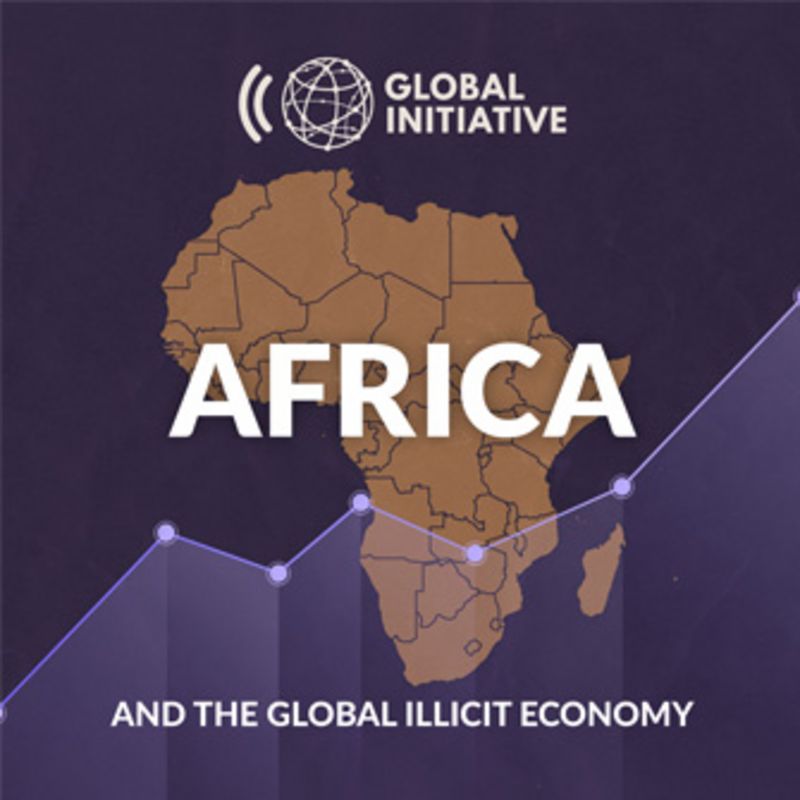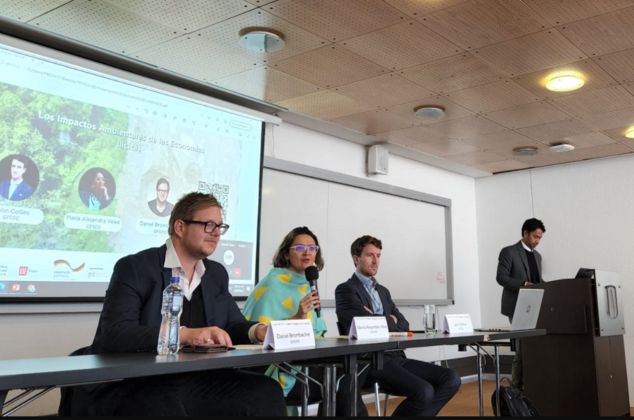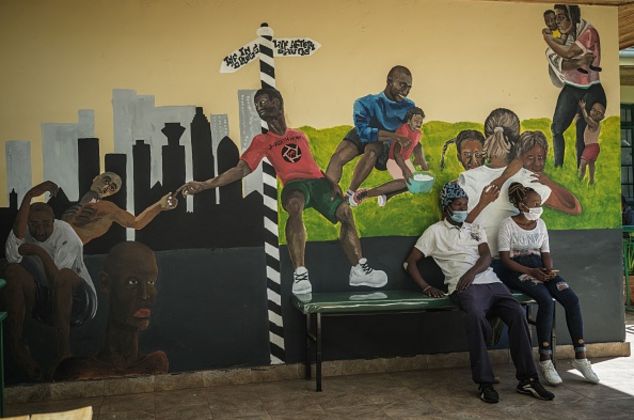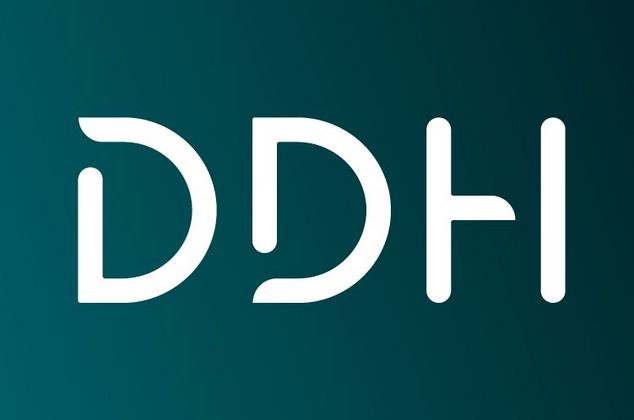Multidimensional realities of drugs in Africa
The World Drug Report (WDR) 2021 highlighted an emerging concern on the African continent: African countries are affected not only by drug transit, but also drug use. The number of drug users is projected to rise by 40 per cent by 2030. This development urges for alternative measures in contrast to repressive drug policies, which have failed to tackle illicit economies as promised. The Drugs and Development Hub (DDH) highlights people-centred and evidence-based debates in the specific African context.
Current state of illicit drugs in Africa
Africa has become a major player in the global drug market, with an increasing presence of international organised crime networks and transnational criminal organisations. The continent is also facing rising levels of production and trafficking of illicit drugs. Over the last decades, heroin has been expanding in many regions across the continent as micro trafficking networks proliferate. Cocaine, meanwhile, is reasonably new: originally transiting the western shores, it has transited through some North African countries in the last few years as Andean cocaine makes its way to Europe and beyond. However, growing amounts of cocaine are now transiting the southern and eastern shores for both transshipment and domestic use. Methamphetamine is also relatively recent, being produced in Southern Africa since the early 1990s, but now also produced in West Africa and used quite extensively in Southern and Eastern Africa.
This development has been driven by economic growth, political instability, weak governance structures, and porous borders which have enabled easy access to markets for these substances. Additionally, poverty leading to an increase in drug use within Africa has also exacerbated existing in health, crime, education and employment.
At the same time, there is a growing amount of use of a wide diversity of substances across the continent. Nevertheless, the information available on illicit drug use in Africa is often based on speculation: there is limited data available due to the lack of research conducted in this region. This makes it challenging to identify patterns or draw conclusions about how widespread these issues are throughout the continent.
Furthermore, HIV/AIDS is one of the most serious public health issues facing Africa. According to the WDR 2022, among people who inject drugs in Africa 11 per cent are living with HIV, 2020. The cultural taboos surrounding substance abuse may prevent individuals from seeking help or reporting their experiences with drugs. As a result, much of what we know about African drug use comes from anecdotal evidence rather than hard facts and figures. Nonetheless, some concrete figures do underscore the importance of this topic, including:
Illicit drugs in Africa (World Drug Report 2022)
The DDH’s contribution to the drug policy discussion
Given the diversity of issues and complexity of markets, a homogenous policy response is unlikely to yield positive outcomes. The DDH emphasises more complex and multidimensional responses grounded in a commitment to the Sustainable Development Goals (SDGs), including responses based on rural and urban development, harm reduction, and the protection of human rights.
The DDH provides a platform for continued discussion around multidimensional drug-related questions and seeks to encourage new research on drugs and development within the continent. For this the DDH has been building its online and social media presence, including the production of a series of podcasts and videos, and a special issue of Journal of Illicit Economies and Development – an open access academic journal – as well a mixture of open and invite-only online events.
Stay tuned: watch, listen, read and follow us on Twitter and LinkedIn.

The Journal of illicit Economies and Development Special Issue: Environmental Impacts of Illicit Economies
This Special Issue of the Journal of illicit Economies and Development seeks to enhance the evidence basis and understanding of the environmental impacts of illicit economies beyond traditional crime-focused indicators.

Podcasts
Our current podcast is a deep dive into the regional realities of the illicit drug market. It also includes an in-depth discussion of possible responses.

Videos
Our videos introduce you to the topic of drugs and development in different settings and regions.


